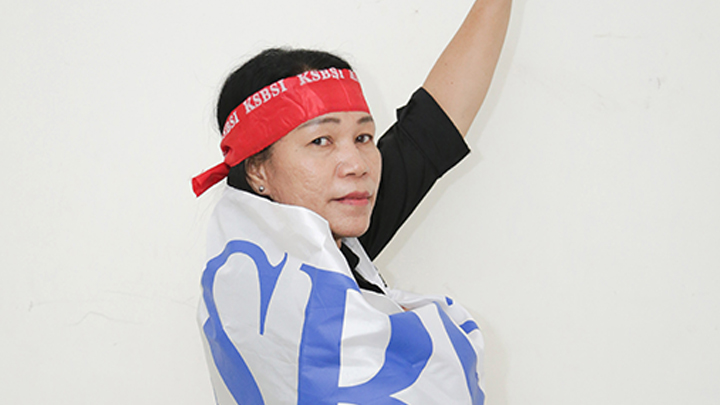All-Indonesia Labor Union Confederation President Elly Rosita Silaban: It’s As If We Were Side-stepped
Tuesday, May 5, 2020
arsip tempo : 171412886549.

THAT day, President Joko Widodo announced the government and the House of Representatives (DPR) had agreed to postpone deliberations on the Job Creation Bill related to the cluster dealing in labor issues.
To Elly, 49, Jokowi’s decision was an answer to the demands she had voiced out together with the President of the All-Indonesia Workers Union Confederation (KSPSI) Andi Gani Nena Wea, and the President of the Confederation of Indone
...
Subscribe to continue reading.
We craft news with stories.
 For the benefits of subscribing to Digital Tempo, See More
For the benefits of subscribing to Digital Tempo, See More








